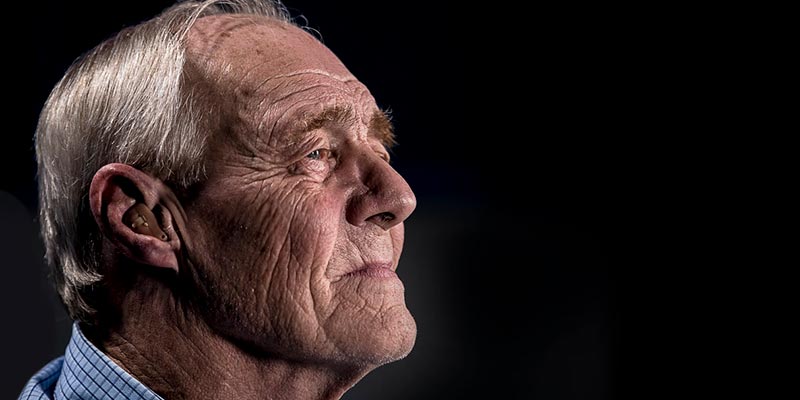
Neuroplasticity of the visual system in deaf adults

Heidi Baseler
Dr Baseler's research focuses on understanding the neural mechanisms specialised for processing central and peripheral vision, and how these mechanisms respond to sensory loss (visual or auditory).

André Gouws
Dr Gouws' research interests include neurochemistry, face processing, illusory stimuli and cortical reorganisation.

Alex Wade
Professor Wade's research interests include visual attention, the representation of colour and contrast in the human brain and the way in which these processes are affected by neurological diseases.

Tony Morland
Professor Morland is interested in how the brain organises visual information in the light of visual deficits that arise as a result of disease or damage to the visual system and the effects of visual diseases and disorders on visual function.
